Why Your Perfume Smells Different on You Than It Does on Someone Else | Albatross clothing
Have you ever fallen in love with someone’s fragrance, bought the exact same perfume, and then felt like it didn’t smell nearly as good on you? You’re not alone and there’s a fascinating science behind it.
Let’s uncover why the same perfume can create completely different experiences on different people, and what you can do to make your scent truly shine.
1. It’s All About Your Body Chemistry
Your skin’s pH level, natural oils, and hormonal balance play a huge role in how perfume smells on you. Think of perfume as a recipe — and your skin is the secret ingredient.
- Oily skin tends to hold fragrance longer and can amplify sweeter or muskier notes.
- Dry skin may cause a perfume to fade faster or smell sharper.
- Your diet, medications, and even stress levels can subtly influence how a scent reacts with your skin.
So, when a perfume smells floral and fresh on your friend but turns woody or spicy on you, it’s simply your body chemistry customizing the scent.
2. The Role of Skin Temperature
Perfume develops differently based on your skin’s temperature. Warmer skin tends to release fragrance notes faster, while cooler skin may hold back the heart or base notes.
- This is why perfume often smells different on your wrist versus your neck.
- Pulse points (like behind the ears or inside the elbows) are warmer and help perfume evolve more fully.
3. Fragrance Notes: Top, Heart, and Base
Perfumes are like stories, told in three layers:
- Top notes: what you smell immediately (usually citrus or light florals).
- Heart notes: the core of the scent (floral, spicy, or fruity).
- Base notes: the lasting impression (wood, musk, vanilla, etc.).
Your skin may enhance or mute any of these layers, meaning a perfume can seem completely transformed from one person to another.
4. Fabric vs. Skin: A Surprising Shift
Spraying perfume on clothes often results in a truer, more stable scent because fabric doesn’t have changing oils or temperature.
However, applying it directly to skin creates a more intimate and personalized aroma.
Pro tip: Try both methods to compare. Sometimes, the best way to wear a scent is on your clothes and your skin for a balanced trail.
5. Choosing the Right Perfume for You
Rather than choosing based on trend or packaging, test perfumes on your own skin before buying.
- Visit a perfume store and wear the scent for a few hours to see how it evolves.
- Look for fragrance families that complement your body chemistry (e.g., warm skin works well with amber, spicy, or woody scents).
6. Embrace the Uniqueness
Here’s the beautiful truth: no one else will ever wear a perfume exactly the way you do.
That’s what makes fragrance personal and powerful — it becomes part of your identity.
The goal isn’t to copy someone else’s scent, but to find the one that tells your story best.
Conclusion
Perfume is more than just a bottle of pleasant notes — it’s a living, breathing experience shaped by your unique body. Understanding why fragrances behave differently on different people helps you choose scents more wisely and wear them more confidently.
So next time a perfume doesn’t smell quite right, don’t give up. You’re just one spritz away from discovering your perfect match.









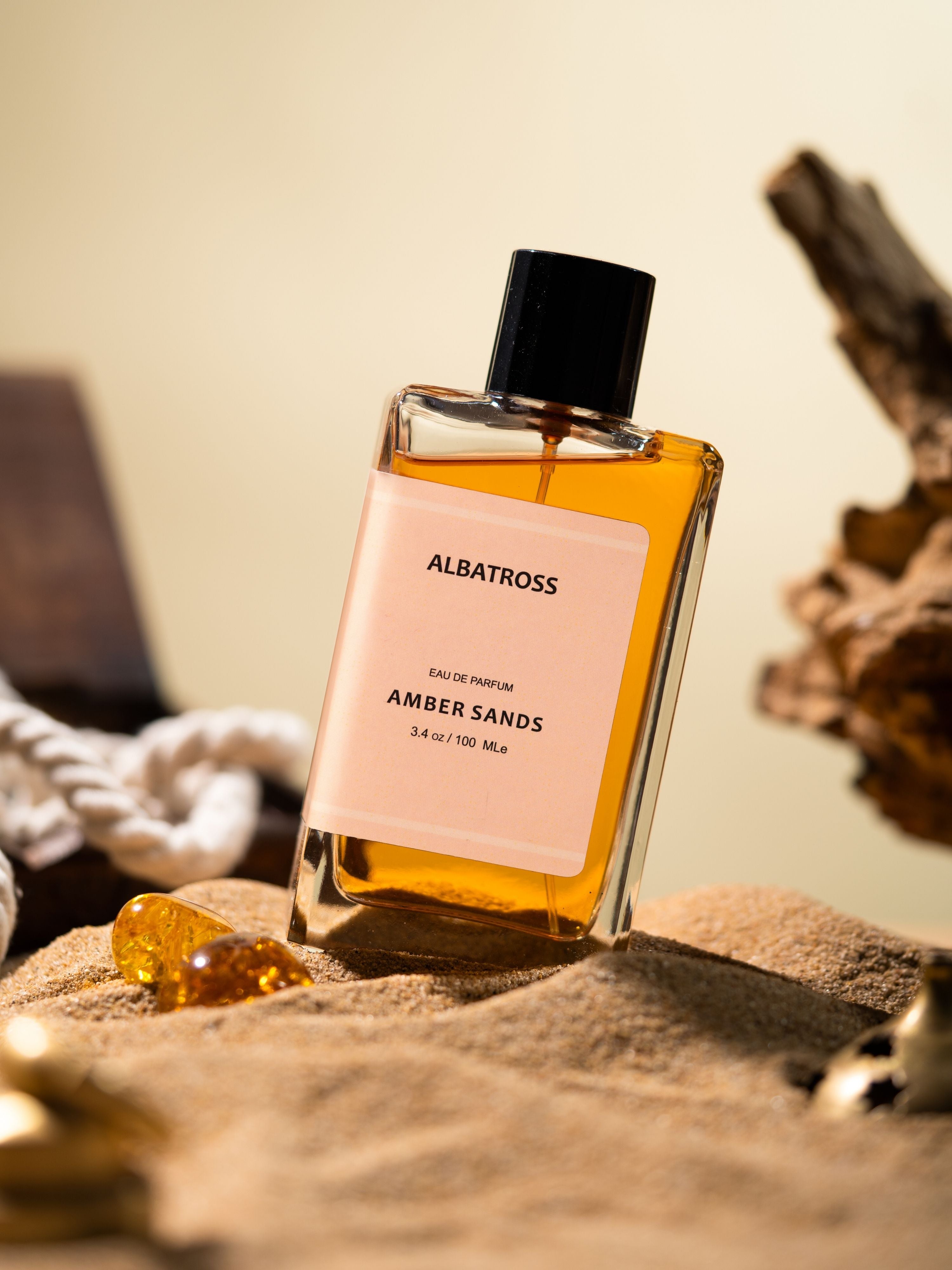
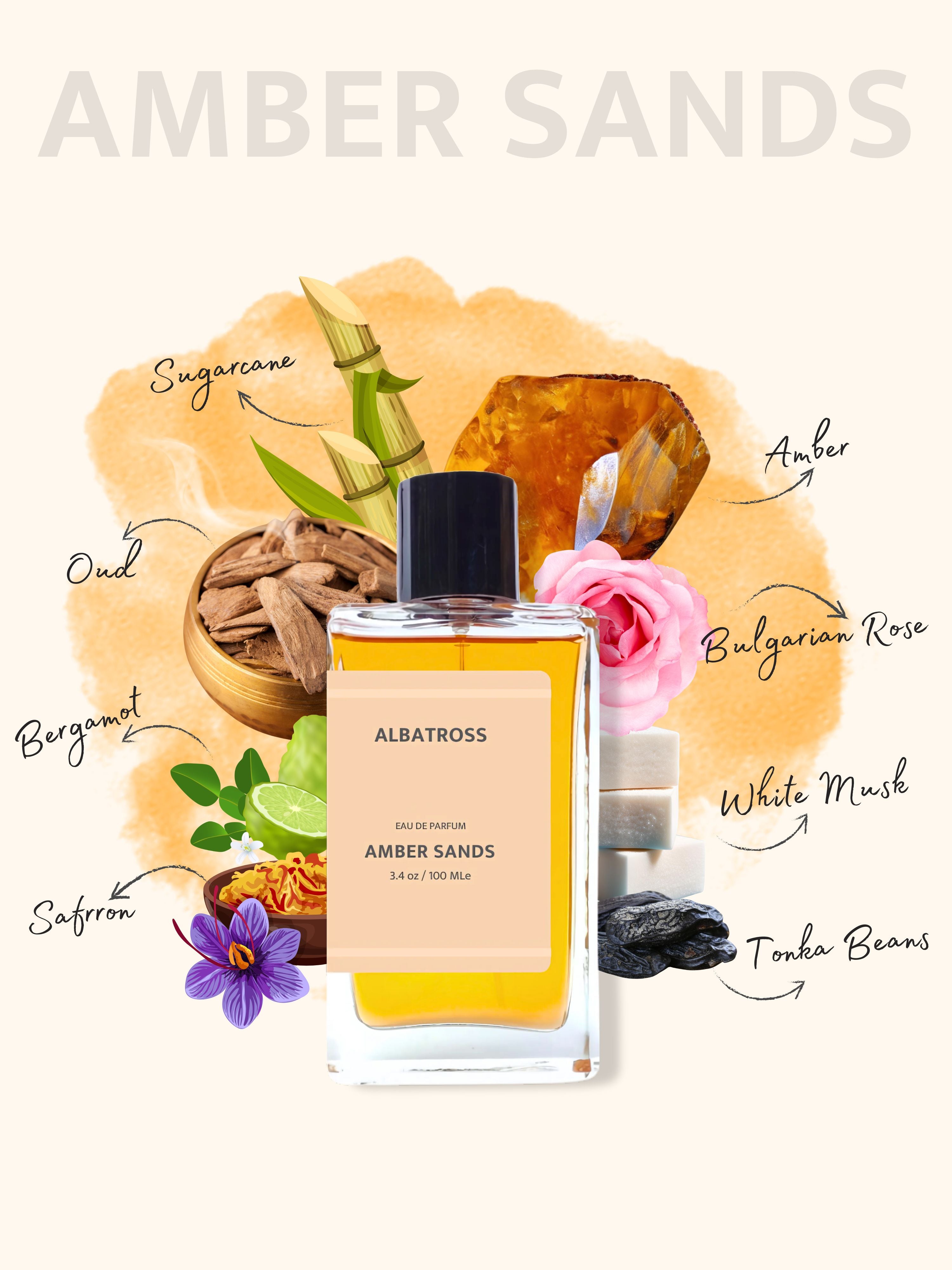
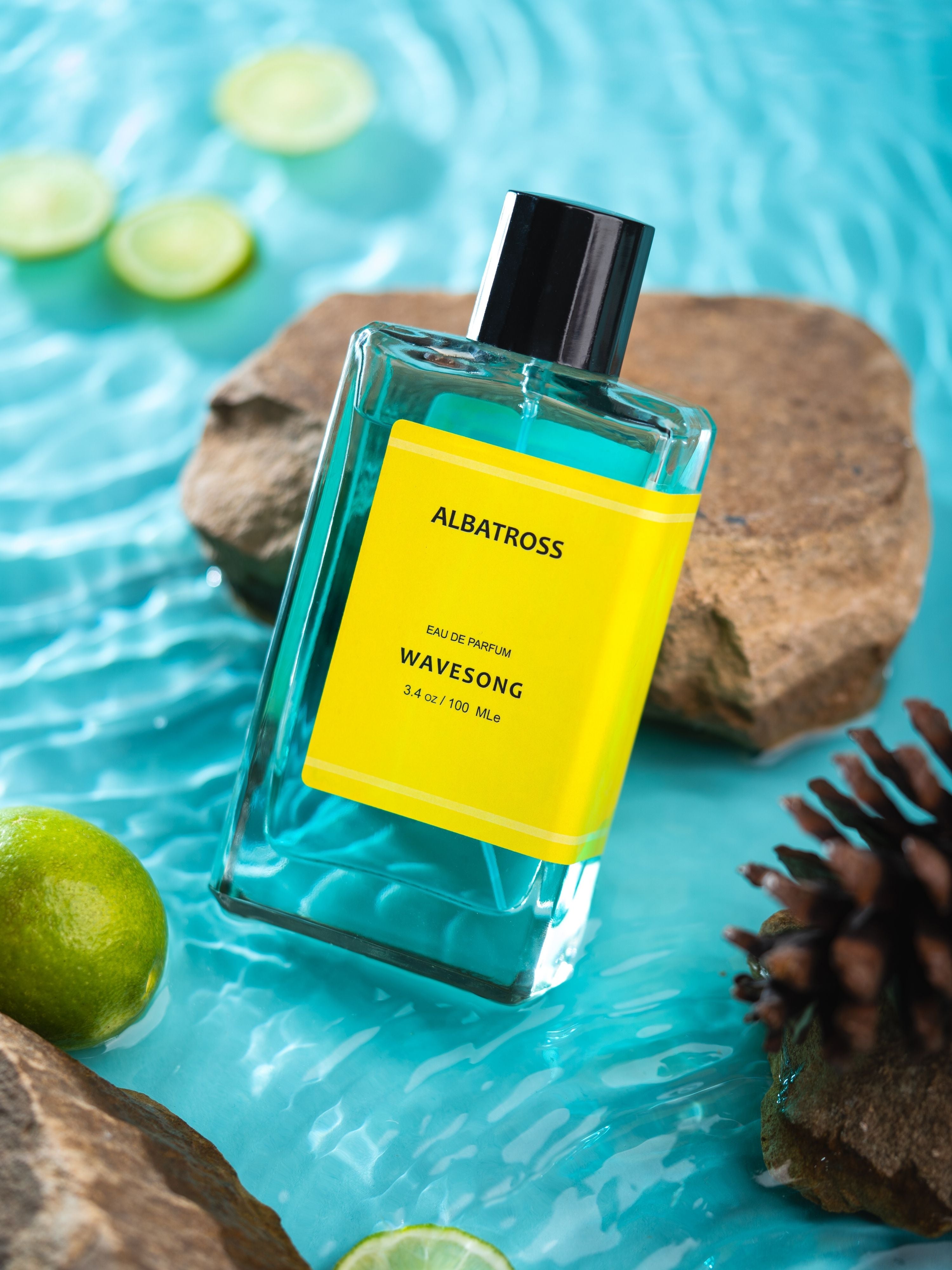
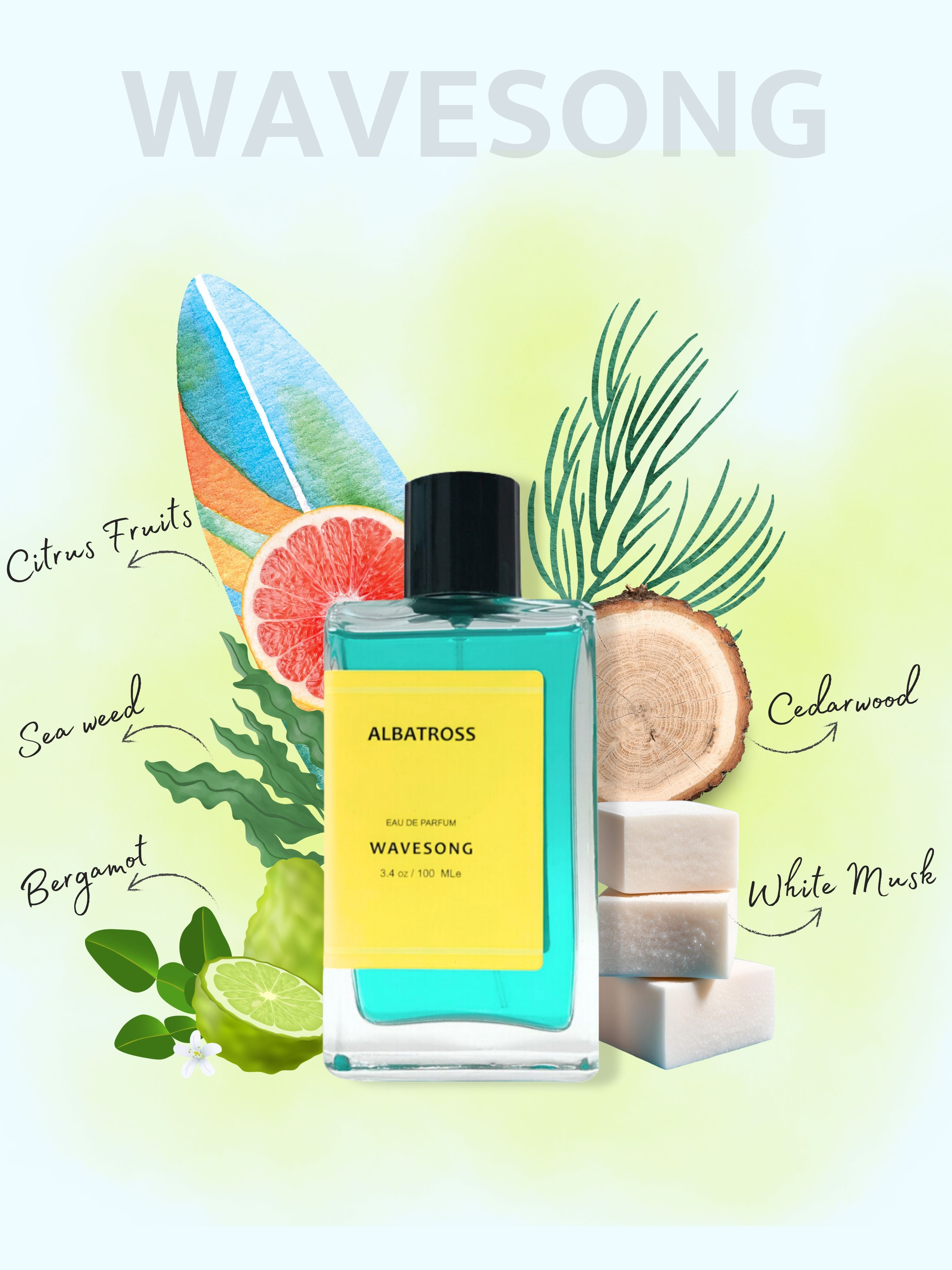
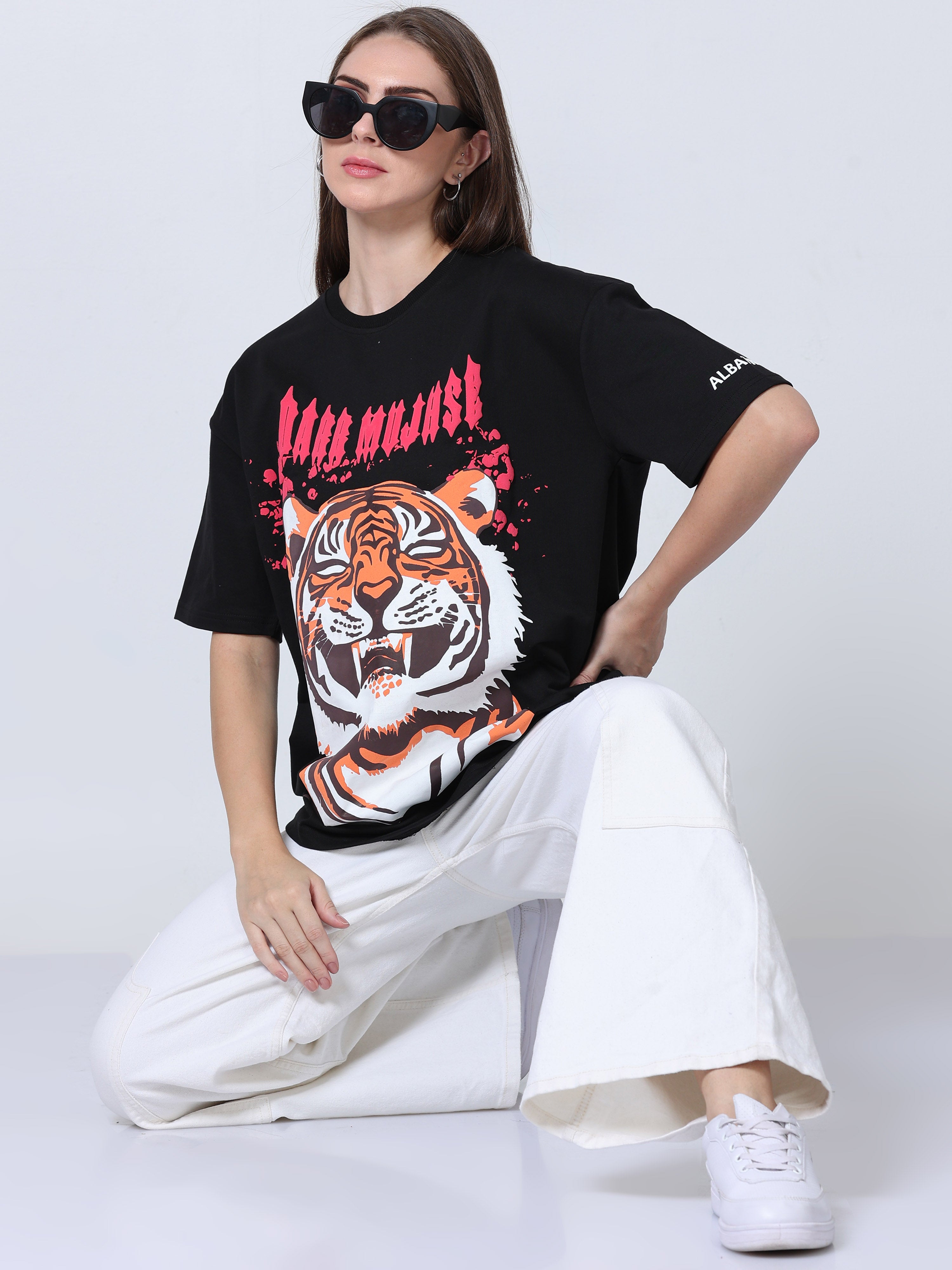
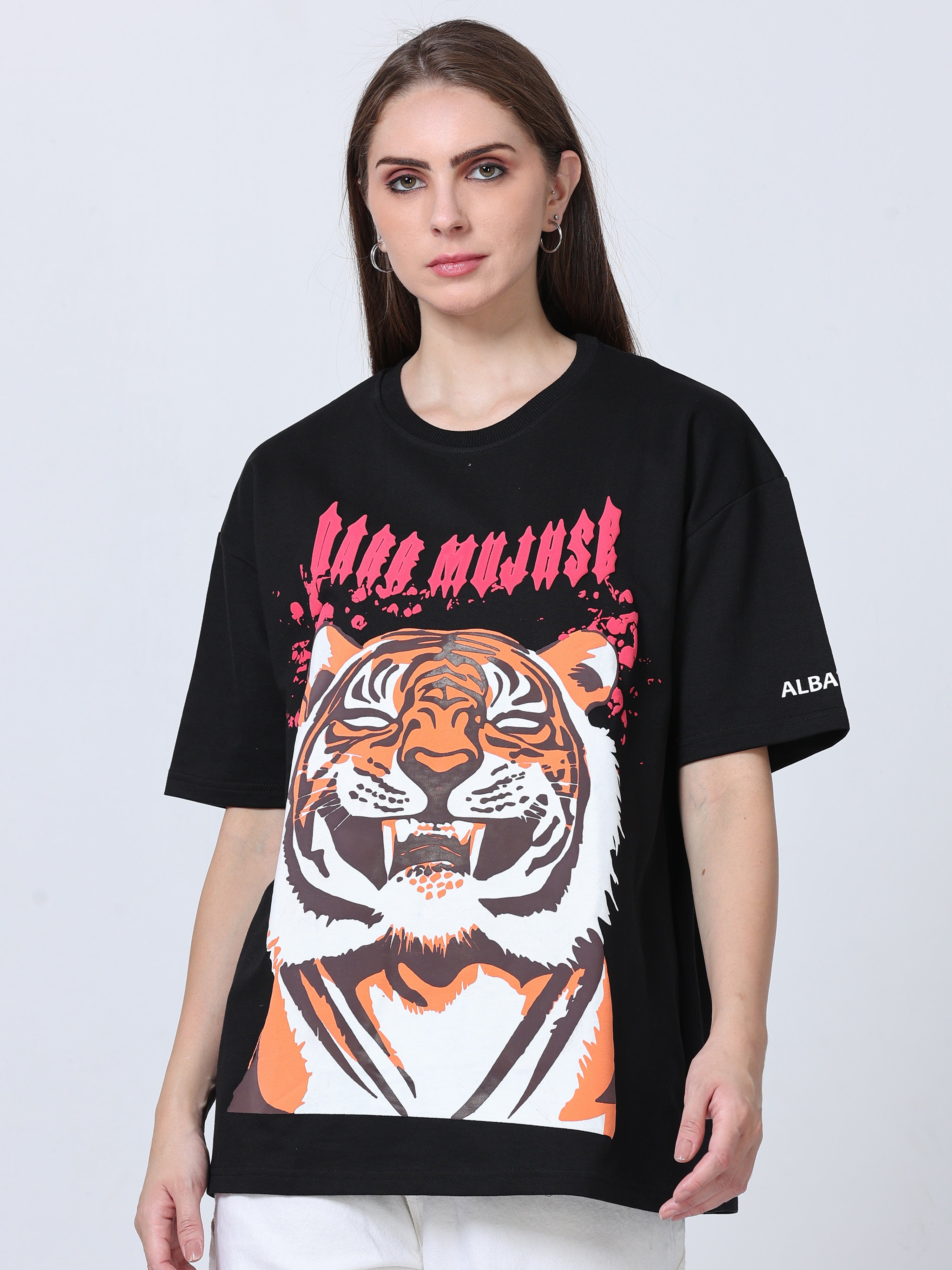
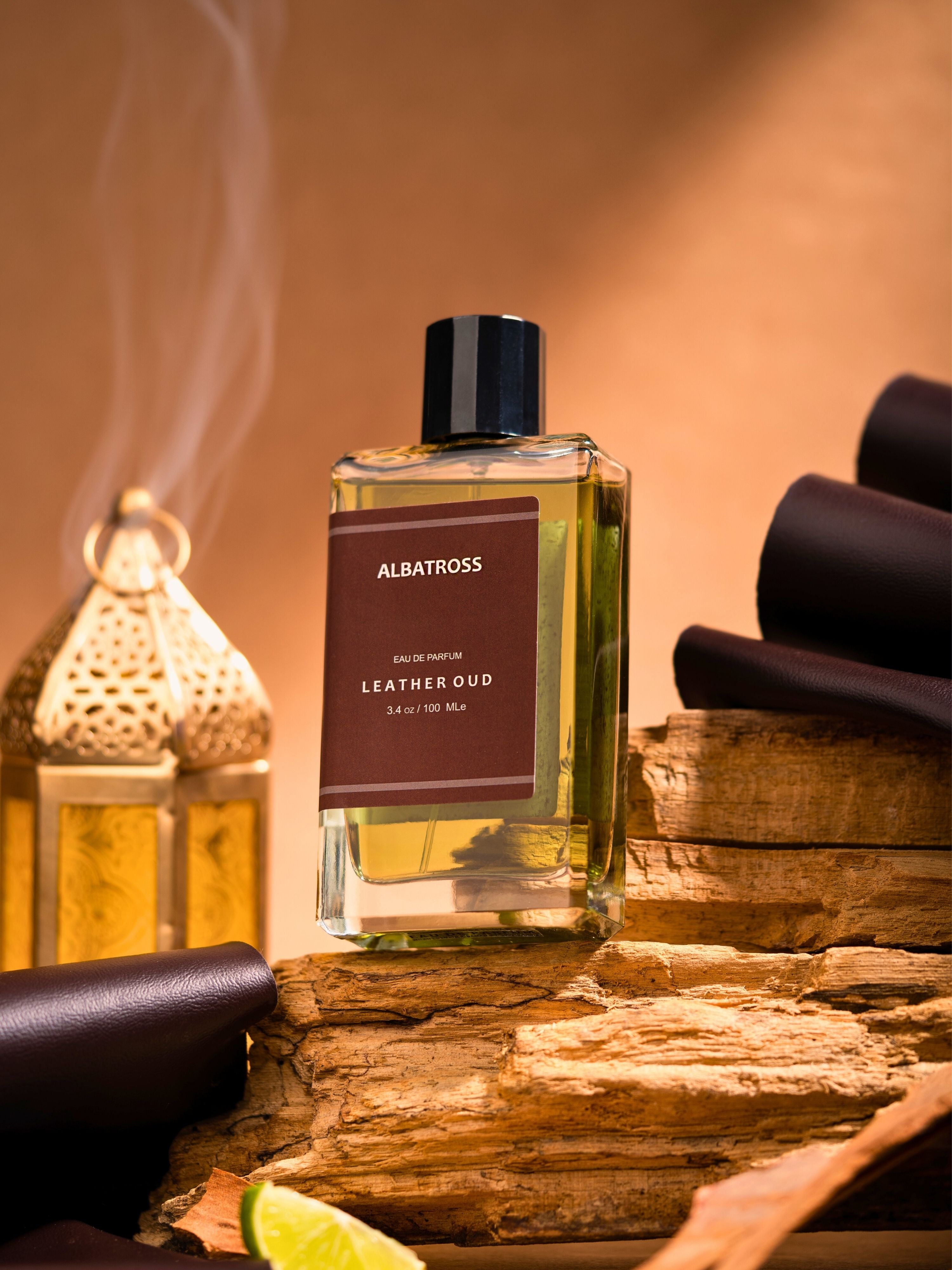
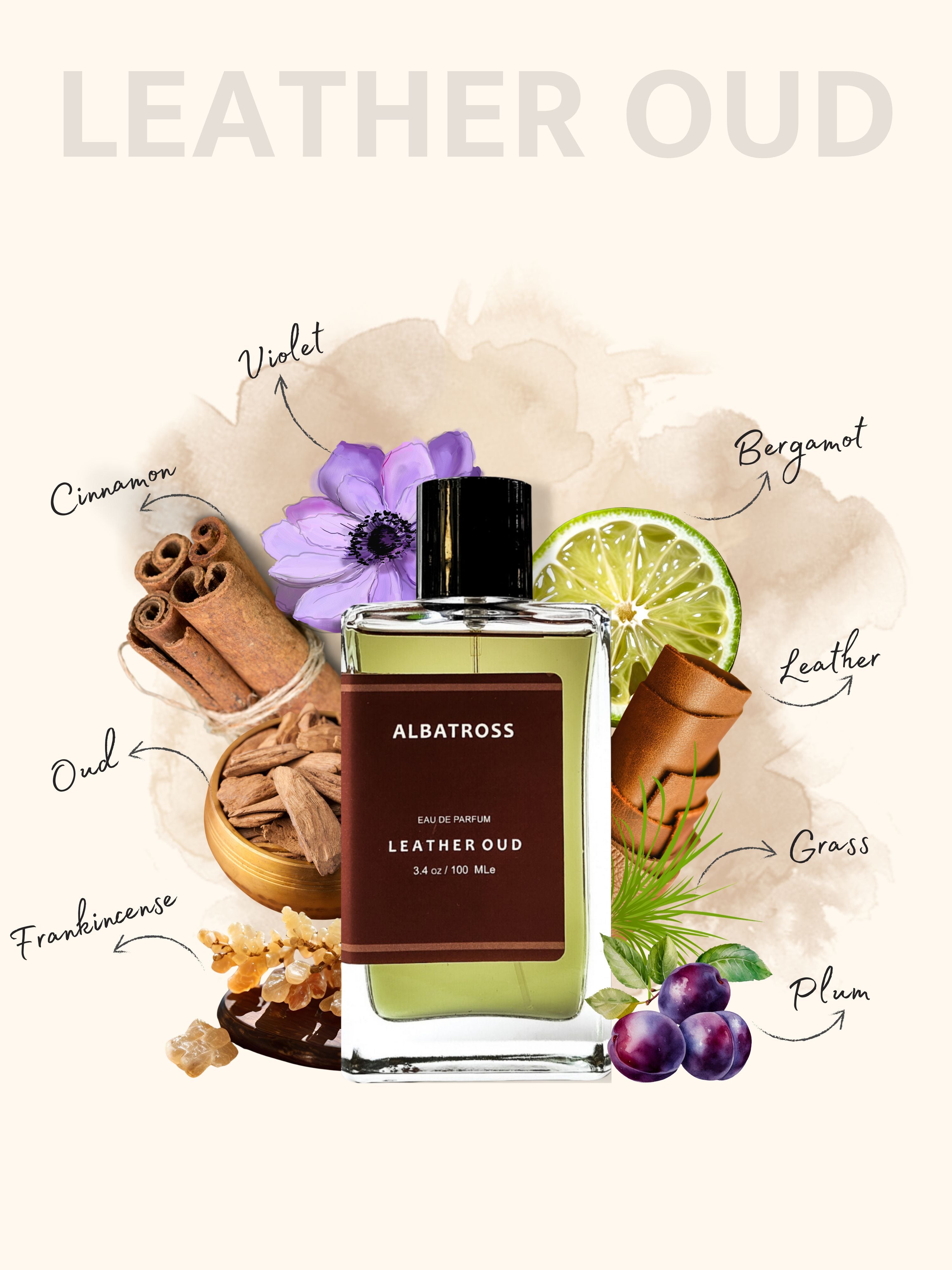
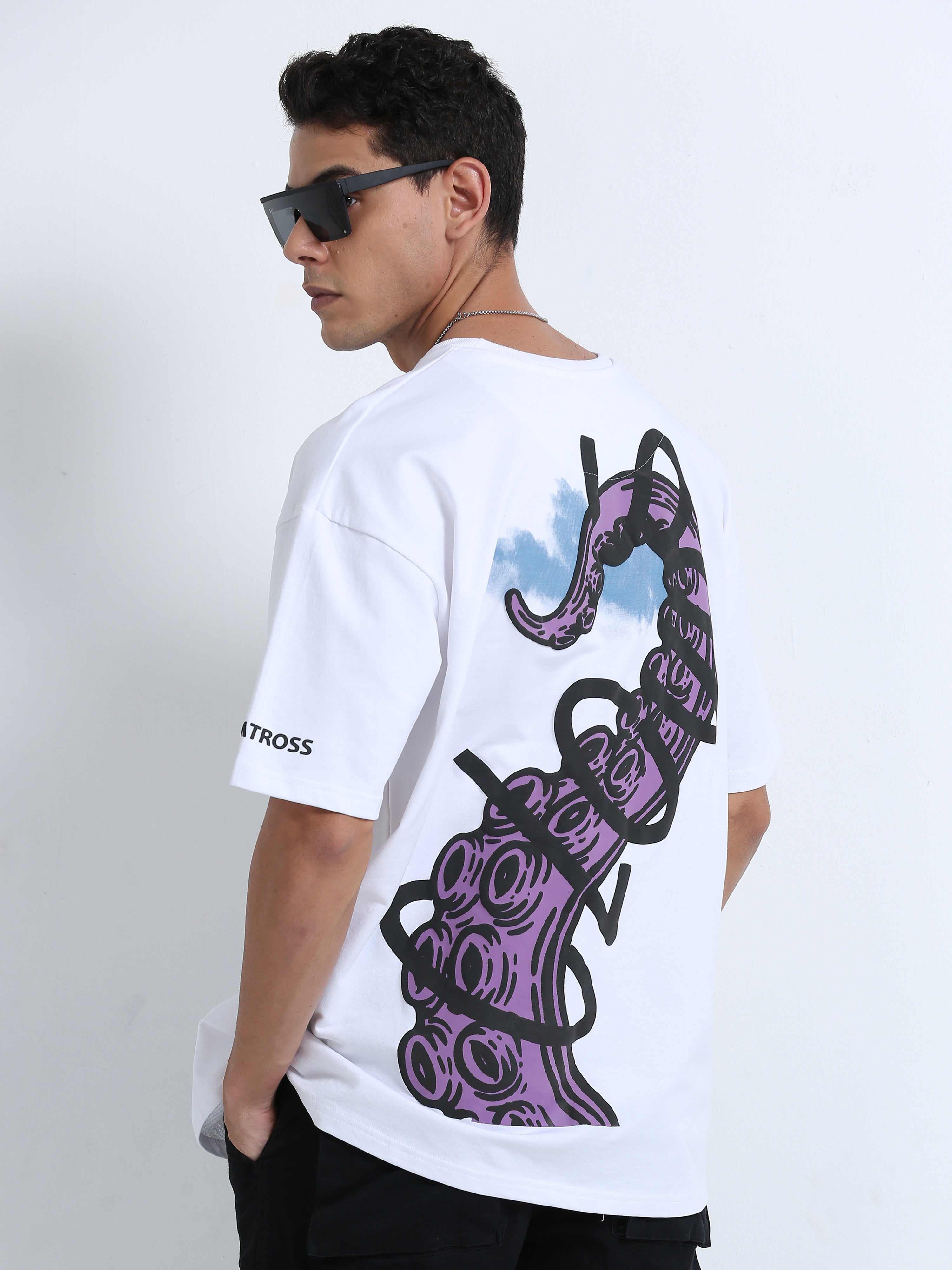
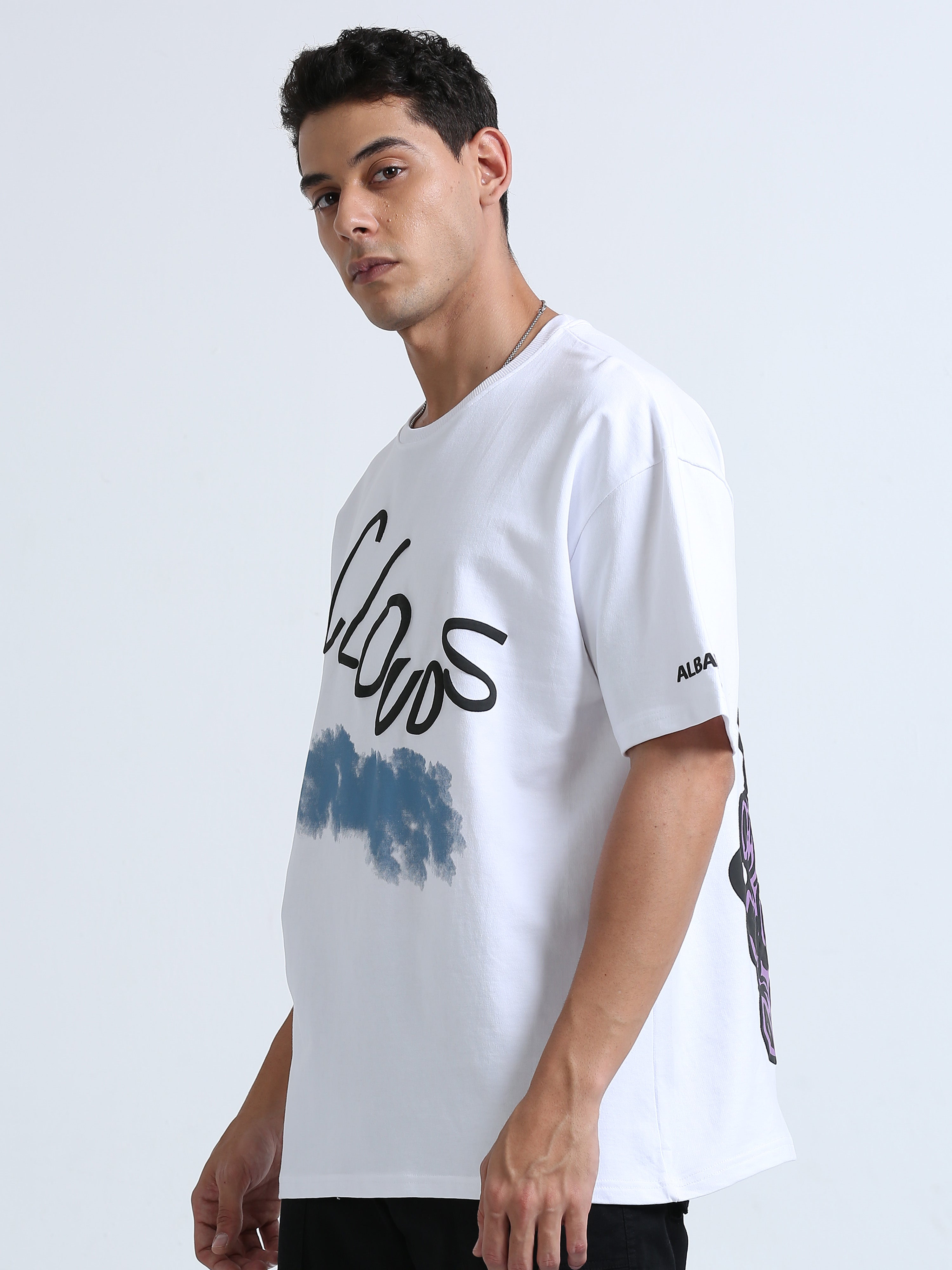
9 تعليقات
Why Your Perfume Smells Different on You Than It Does on Someone Else – Albatross Clothing
arnirfoox
rnirfoox http://www.gu992b442r4jhwem657vd6c792x0k8hvs.org/
[url=http://www.gu992b442r4jhwem657vd6c792x0k8hvs.org/]urnirfoox[/url]
Why Your Perfume Smells Different on You Than It Does on Someone Else – Albatross Clothing
[url=http://www.gbqbul1o178955jw71b614a2x3×2vnk7s.org/]uxjgjjotddn[/url]
axjgjjotddn
xjgjjotddn http://www.gbqbul1o178955jw71b614a2x3×2vnk7s.org/
Why Your Perfume Smells Different on You Than It Does on Someone Else – Albatross Clothing
avjgefgpi
vjgefgpi http://www.gmpv7ad82171zhue9l2886t3s4s06py7s.org/
[url=http://www.gmpv7ad82171zhue9l2886t3s4s06py7s.org/]uvjgefgpi[/url]
Why Your Perfume Smells Different on You Than It Does on Someone Else – Albatross Clothing
[url=http://www.gpe198bcq4w52d4r2h4b4t3s70280lsvs.org/]uxqtlongbvz[/url]
axqtlongbvz
xqtlongbvz http://www.gpe198bcq4w52d4r2h4b4t3s70280lsvs.org/
Why Your Perfume Smells Different on You Than It Does on Someone Else – Albatross Clothing
anvmqohyzgq
[url=http://www.gag53mskz8f85ili664747856l9zf7drs.org/]unvmqohyzgq[/url]
nvmqohyzgq http://www.gag53mskz8f85ili664747856l9zf7drs.org/